Bristol councillors vote down Marvin Rees’ final budget after bad-tempered debate
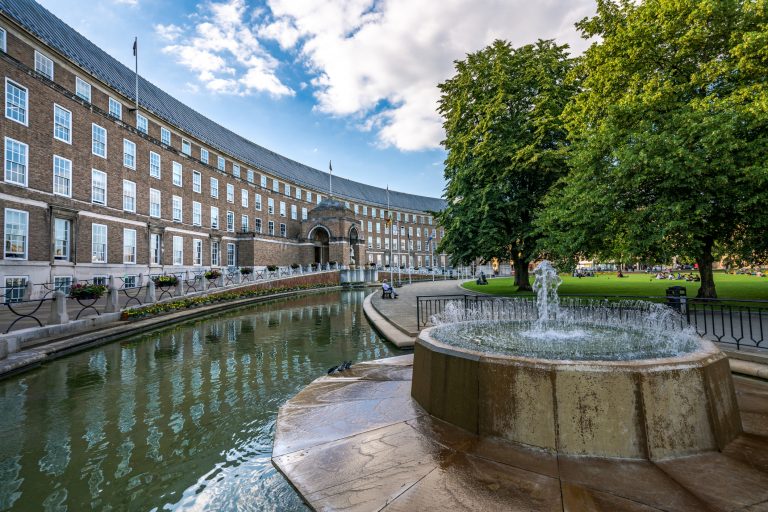
Marvin Rees’ final council budget was voted down by councillors this week as the Greens came under fire for not offering an alternative, just months before the local elections.
In the context of councils going bankrupt elsewhere in the country amid rising costs and demand for services, Labour proposed £24m of cuts to spending in 2024/25.
But after a fraught debate in the council chamber on 20 February, the Greens, Lib Dems and Tories voted against the plans – meaning councillors must meet again next week.
Just 10 weeks before Bristol’s local elections, which will see the city ditch the mayor in favour of a new committee system that gives councillors more power, the Greens, who are now the largest party, refused to support Labour’s plans.
Emma Edwards, leader of the Green group, said: “We understand the difficulty in setting a balanced budget after years of Tory austerity. However, this Labour administration’s final budget, which they will not be around to see carried out, is full of cruel and unrealistic cuts to frontline services such as adult social care.
“On top of this, the Labour party nationally is failing to offer any actual alternative to austerity politics. Any potential new Labour government has not promised to increase funding for local government, especially those led by administrations that have spent millions of pounds of taxpayers’ money on vanity projects chasing a failed model of economic growth.”
But the Greens drew criticism from the other major parties for not tabling any amendments to the budget, which is typically how opposition parties can suggest alternative ways of spending money.
Tory councillor Geoff Gollop said: “I find it baffling the Green Party doesn’t want to even put forward amendments to show a flavour of what you care about… Where’s your passion? Your passion is in criticising everybody and standing up for nothing and putting nothing forward.”
Amendments brought by other parties included a Lib Dem proposal to repurpose extra cash for libraries and supported bus services, but this was shot down by Labour and the Greens because the money was coming from reserves that will be used for environmental policies in years to come.
Tim Kent, Lib Dem councillor for Hengrove and Whitchurch said: “We’ll probably see the Greens now vote against libraries, vote against buses just as we saw them vote against parks just minutes ago.
“Your strategies were, we’ll just vote against everything and not worry about the consequences,” Kent said. “You can continue to vote against every option presented to you today and vote against the budget, and we’ll be back here next week. But we will continue fighting for our communities even if you can’t be bothered over there.
After the meeting, Edwards said: “We were disappointed that much of this meeting was spent attacking the Greens, who sit in opposition, rather than focusing on the people of Bristol who will be affected by this Labour budget.”
What is actually being proposed?
The budget proposals included £24m of savings, mostly through efficiency measures across adult and children’s social care.
The Labour administration also wants to raise council tax by the maximum amount of 4.99% and put £10m of income from the Clean Air Zone to subsidising bus services and roadworks.
Also included in the budget are so-called ‘invest to save’ initiatives – spending money upfront to reduce the financial burden on the council in years to come. These plans include opening more children’s homes in the local area to prevent costly out of area placements, and creating more temporary accommodation to tackle the spiralling cost of housing people in hotels and in privately-owned accommodation.
More controversial spending cuts have been taken out of the budget plans after backlash from campaigners in recent months. Firstly, the council planned to cut £3m from the Council Tax Reduction Scheme, which gives poorer households up to a full discount, but fierce campaigning from community union ACORN led to the a U-turn by the local authority. The Tories brought an amendment to cut funding from the scheme, but this was voted down by the other parties.
And more recently, the council scrapped plans to move disabled people into residential care if it was deemed ‘best value’ instead of providing support in their own homes, after strong opposition from local Disability groups, including Bristol Reclaim Independent Living.
Also included in the budget are so-called ‘invest to save’ initiatives – spending money upfront to reduce the financial burden on the council in years to come. These plans include opening more children’s homes in the local area to prevent costly out of area placements, and creating more temporary accommodation to tackle the spiralling cost of housing people in hotels and in privately-owned accommodation.
Marvin Rees said his eighth and final city budget focused on housing, with a promised 3,000 new council homes planned for construction over the next five years.
How healthy are the council’s finances?
As Rees pointed out at yesterday’s meeting, councils elsewhere have gone bankrupt in the last year, including Birmingham, which has just announced a 20% council tax hike after the government has intervened in the financial management.
Bristol’s situation isn’t as dire as that, but there are some worrying signs for years to come. On top of the increasing costs of delivering adult and children’s social care, the council is having to spend millions more than on eduction — which is been identified as the biggest risk to the council’s coffers.
The ‘High Needs Block’ of the education budget is forecast to reach a deficit of £76.2m by the end of 2024/25. This is only allowed because the government has given the council until March 2026 to bring this deficit down, but according to the budget report, this “will not be possible unless significant alternative funding is received”.
There are plans in place to save money in this area, but demand for local SEND provision is increasing at a faster rate than the changes being implemented.
Nursery schools is another area of particular concern, with 11 out of 12 nurseries maintained by the council expected to 11 out of 12 nursery schools to register a deficit at the end of this year. Government funding for this sector will increase by almost half from £37.4m to £55.2m – a welcome boost that will allow nurseries to plan for a more sustainable financial future.
Lack of collaboration?
Ahead of the new committee system coming in after May’s local elections, councillors debated how collaborative the budget process was.
Marvin Rees argued the process had been collaborative and said “over to you” to councillors.
But Green leader Emma Edwards said: “Aside from scant working groups and scrutiny, let’s be clear, this is a Labour budget put forward by an outgoing mayor who is not going to be around to implement it.
“Cans have been kicked down the road, pans put on the backburner to bubble over to prevent Labour from having to make unpopular decisions before the election. This would have been such a perfect opportunity to collaborate and show enthusiasm for cross party working in the committee system, how disappointing this hasn’t happened.”
While other parties pointed to the fact that councillors had been involved for months in committees to scrutinise the budget proposals, the Greens said this scrutiny function was very different to actually being involved in developing the budget.
She added that the new administration may need to amend the budget further after the elections.
But first, councillors will have to agree on a balanced budget by 11 March — which is a legal requirement. Full Council must now meet again on Wednesday 28 February to further debate and vote on budget proposals.
Independent. Investigative. Indispensable.
Investigative journalism strengthens democracy – it’s a necessity, not a luxury.
The Cable is Bristol’s independent, investigative newsroom. Owned and steered by more than 2,500 members, we produce award-winning journalism that digs deep into what’s happening in Bristol.
We are on a mission to become sustainable, and to do that we need more members. Will you help us get there?
Join the Cable today

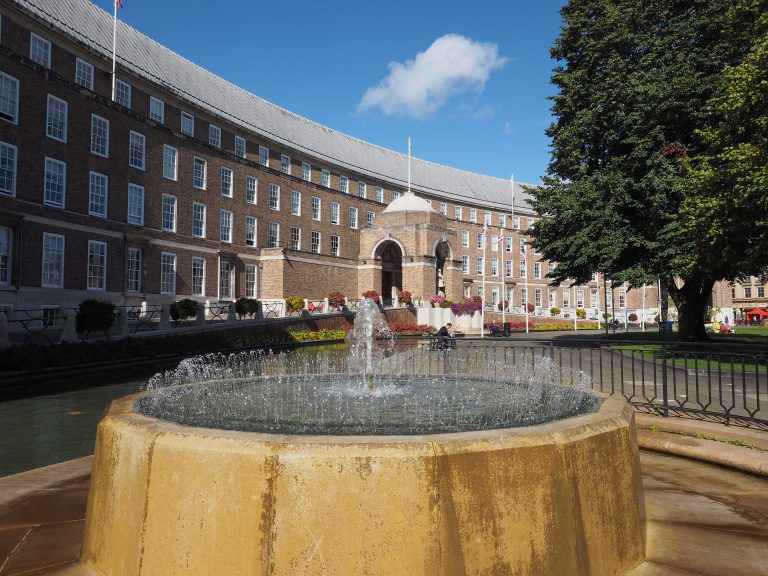
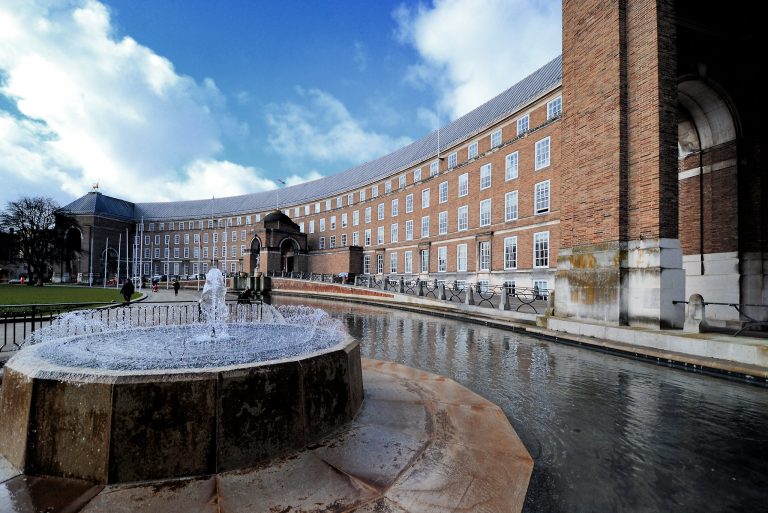
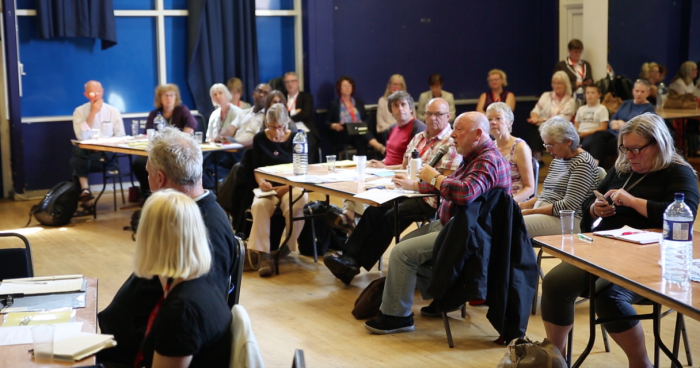

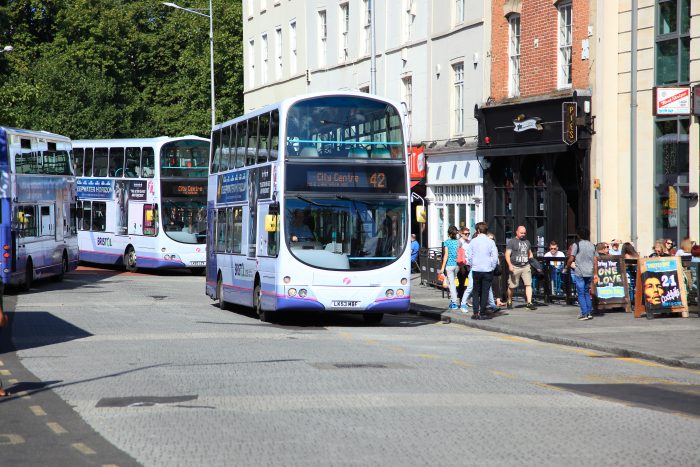

Report a comment. Comments are moderated according to our Comment Policy.
The Green Party are useless; cant even say what council budget they would support.